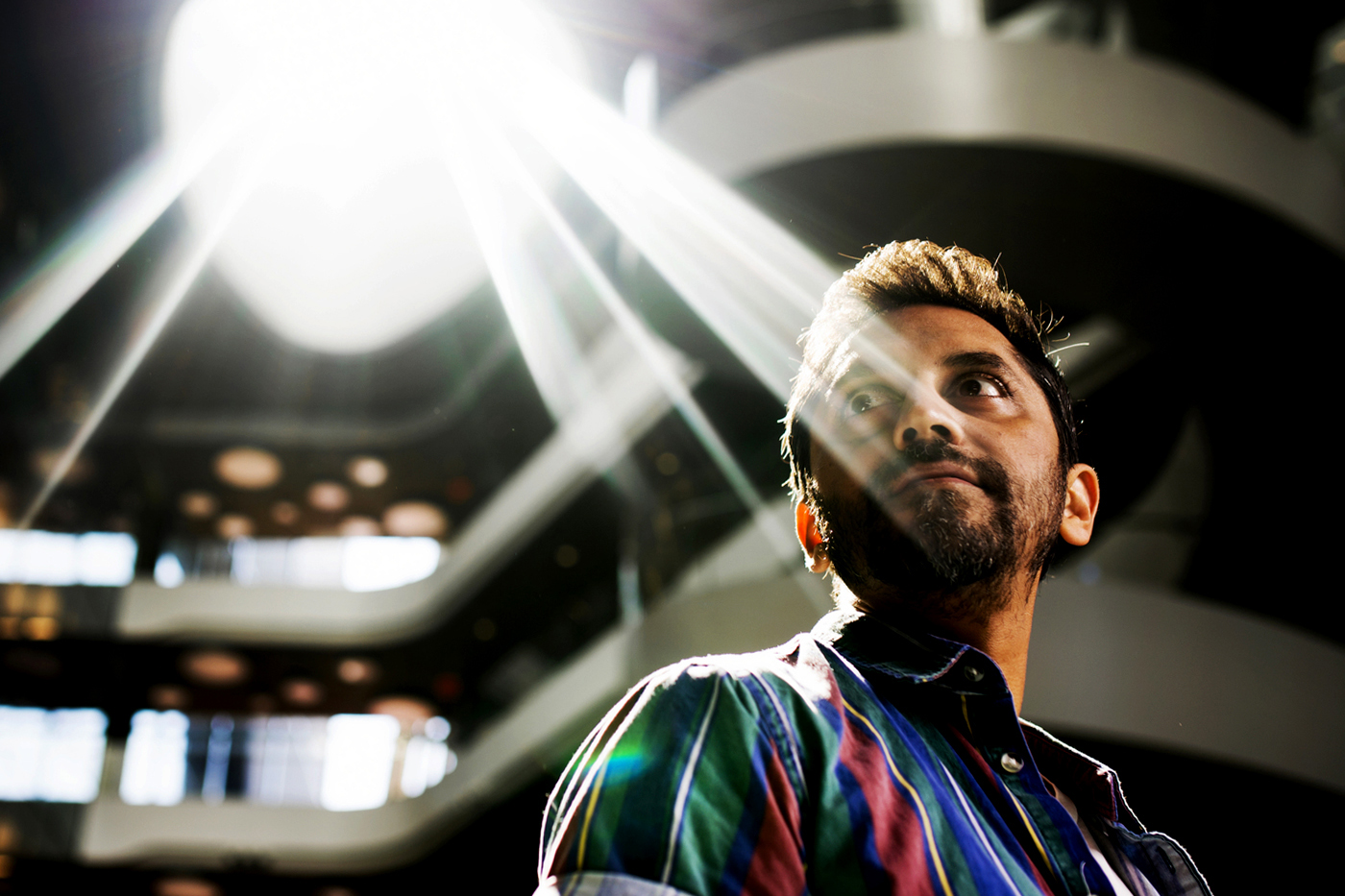Ajay Satpute, assistant professor of psychology, remembers the first question he ever asked at an academic conference. “It was about the role of the ventromedial prefrontal cortex and theory of mind, basically mentalizing about other people,” he says.

For non-neuroscientists this question may seem opaque, but Satpute nevertheless cites the moment as foundational for him.
“It was just fascinating to see all these scientists present their latest and greatest work on stage,” he says. “It’s not just dusty bookshelves. It’s a real exciting opportunity to see the back and forth of question and answer, and you see a lot of people having to defend their work. It felt exciting.”
For Satpute, increasing access to the academic community — a community brought together by their respective fields’ conferences — has long been a motivating factor and is at least partly why he was recently elected vice president (and president-elect) of the Social and Affective Neuroscience Society (SANS).
In addition to attending the conference every year (except its inaugural, in 2008), last year Satpute served as chair of the society’s “EDIJ task force,” or equity, diversity, inclusion and justice.
“We made a lot of concrete progress,” Satpute says. “That might have contributed to people’s faith in the idea that we’re going to do something in this society.”
Satpute will continue these initiatives during his tenure in SANS leadership.
As president-elect, Satpute has signed up for a three-year commitment. For the next year, Satpute will serve as vice president, followed by one year as president and a final year as post-president. As vice president, “I pretty much shadow the president and see what decisions are being made,” Satpute says. That way, as president, “I know what decisions need to be made.”
In addition to maintaining the fiscal health of the society, the president pursues initiatives “beyond the current expectations” of the society. “There have been two major questions for the society” in recent years, Satpute explains. Both of them revolve around access. “One of them is, how much do we want to create more international involvement?” Involvement that includes both membership composition and the selection of conference locations.
“But I think the other question that’s probably capturing my interest more is how to encourage diversity and equity in the conference itself,” Satpute says. As president, this is an initiative Satpute will be positioned to actively pursue, an extension of the work he did on the EDIJ task force.
“Another huge barrier to attending conferences is financial,” Satpute says. “We get a lot of graduate students, [but] I think we’d like to expand that to include a larger variety of students and create opportunities for them to come financially.”
“When I was a graduate student, I went to my first SANS conference. And I just remember feeling the fear of wanting to ask a question,” Satpute recalls. But that fear was a necessary hurdle to jump: Satpute was “entering the dialog,” the scholarly community represented by such conferences, he says.
And that’s what Satpute hopes future generations of scholars will have. “You’re here to play and be a part of the conversation,” he says.
Noah Lloyd is a Senior Writer for NGN Research. Email him at n.lloyd@northeastern.edu. Follow him on Twitter at @noahghola.
